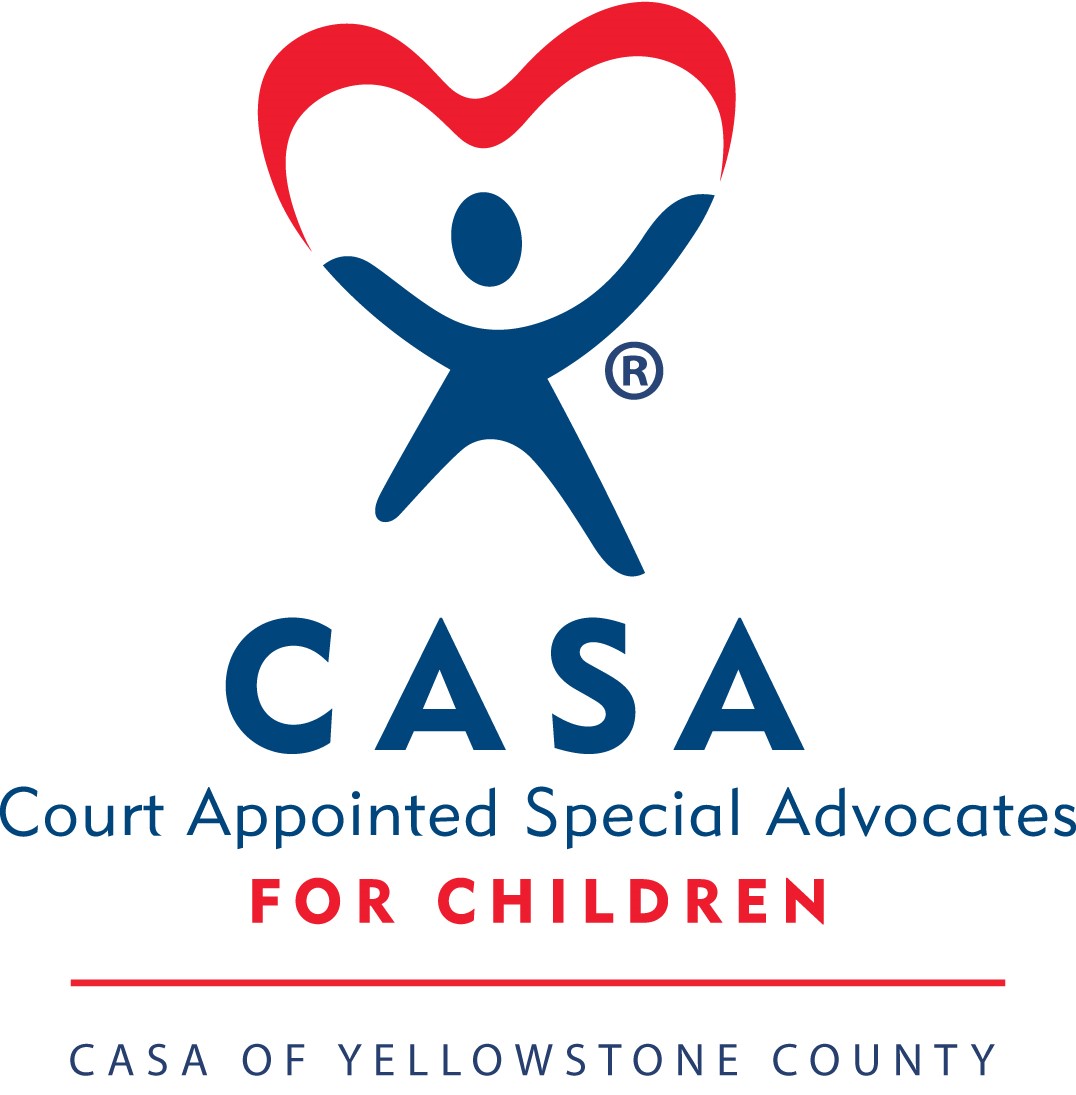“I would love to be a CASA, but I like traveling too much to give it up.”
This is a sentiment I frequently hear from folks in the community as I speak about the work of volunteer Court Appointed Special Advocates. I don’t know where this rumor started that you can’t be a CASA and travel at the same time, but I am here to tell you it’s completely false. Child Advocates are ordinary community members who volunteer their time to serve children in foster care. Each community member goes through about 35-40 hours of training before they are appointed to a case. Typically, CASAs serve a child or a sibling group and commit to being a stable relationship until the children leave foster care.
It always surprises me when people express their hold-up to becoming an Advocate is they want to travel. I always say, “Of course you do! And of course, you can.” While volunteer Advocates do commit to at least two years of service with the organization to be constant for a child, there is plenty of flexibility within this time commitment if you enjoy traveling, or even if you travel for work. We even have long-serving CASAs who snowbird in the winter and go south for several weeks or even months. So, how do we work with Advocates who travel? We find creative ways to keep you connected to your kids while you’re away.
Sometimes, it’s as simple as scheduling visits with your CASA kids around your travels. If your trip is only a few days or a few weeks, it’s usually possible for the Advocate to visit their CASA kids before or after their trip to fulfill their commitment of seeing the kids once a month. If the CASA is gone for longer than a month at a time, then we get creative to keep Advocates connected to their kids. On the other side, it may be the kids who end up placed out of town. Whether it’s to go live with a family member or a group home, it can happen that kids will move while they are in foster care. Whether you are traveling, or your child is placed out of town, here are a few ways I’ve seen Advocates connect with kids when they’re not in the same location:

Zoom, Facetime, or other video call technology can be key in staying connected to your CASA kids. Often, Advocates will video call their kids to catch up and visit. I’ve heard of Advocates video calling their kids to help with homework or reading together weekly. I’ve also seen Advocates find games to play with their kids over video call. In cases where you have infants involved, sometimes, it’s as easy as video calling with their foster parents or family members to see your CASA child and make sure they are safe and doing well. If video calls are not possible, frequent phone calls with the child and their placement are also good options. Staying connected to the child’s placement (this could be a foster family, extended family members, a group home, or their biological parents) goes a long way to help ensure the child is safe and everything is going smoothly on the case.
Letter writing! Wow, did that just age me? But actually, a lot of volunteer Advocates correspond with their kids through letters and pictures. This may sound crazy, but this is a great way for kids to practice their reading and writing. It gives them an outlet of someone to talk to outside of their group home or placement. One Advocate who serves in Yellowstone County has a CASA child with special needs who is placed in a group home out of state. Every few weeks, the group home will send a big manilla envelope addressed to the CASA with hand drawn pictures and letters from the child. (Come on you guys, how cute is that!?) The bond between CASA and child is very obvious. If you’re traveling, send your kid a postcard! There’s something special about receiving something in the mailbox, especially when you’re young.

Care packages are another area where CASA’s can stay connected with their kids. Over Christmas time, an Advocate was traveling in England and sent his CASA kids Paddington books for Christmas. Whether it’s for holidays, birthdays, or just an ordinary day, a small care package helps your child feel special and reminds them someone is thinking of them. The CASA office has a mountain of activities, stuffed animals, pajamas, and books which have all been donated for children in foster care. If your CASA child is placed out of town, stop by the CASA office and “shop” for them. Recently, a volunteer Advocate stopped by the office to pick up fidget spinners, puzzles, and books for the teen girl on his case who is placed in a different city. If you are sending your CASA kids things, the organization asks you to discuss this in advance with the child’s caregivers to make sure they are okay with care packages, etc. If the Advocate is buying something for their children, the CASA organization also asks Advocates to limit their purchases to around $25 and to avoid lavish gifts.
Finally, don’t be afraid to think outside the box. In a global, post-COVID world, there are a ton of ideas out there of how to stay connected with people long distance. Google it! (There, I’m back to being young again).
So, long story short, you absolutely can travel and be a CASA at the same time! In fact, I encourage it! It is possible to be an effective and consistent Advocate for a child in foster care while working full time, being a parent, traveling, etc. The CASA office is here to help you stay organized and work with your schedule so you can change a child’s life.






